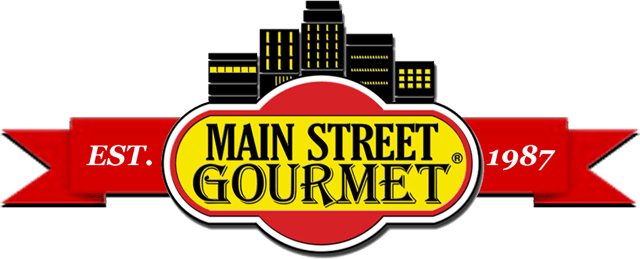Written by: Steve Marks
Having Familiarity With Every Aspect of Your Business is a Powerful Tool

When my business partner and I first started our business, we participated in almost every aspect of it, learning the intricacies first hand. We were so excited to learn, to create and build a business. We simply “touched” everything. Not because we thought this was a particularly valid business strategy, but necessity forced us in this direction. As with most start-ups, the founders need to wear several hats. As it turned out, this knowledge and process became a very important building block. We could not only communicate to the next employee how we wanted things done, but we were also able to develop a valuable perspective for future decision making.
As the business matured, we couldn’t be involved in every aspect and as you would expect, we started to delegate to others. Fortunately, we had the benefit and insight of already knowing what pitfalls they would encounter and how to handle certain issues. We gradually separated ourselves from the more mundane tasks and concentrated on areas that were most beneficial to the organization. However, we had a basic knowledge of how things needed to be accomplished and that was an important tool for decision making.
Know Your Business
But even as we delegated major areas to others, we still felt it was important to have a basic knowledge in order to make decisions. This required some upfront time and a lot of questions to become familiar with the areas of expertise. Was this micromanagement? Maybe, but in the beginning of any business I believe you need to know the guts of every area and have a working knowledge in order to make intelligent decisions. You can and should delegate, but that doesn’t mean you should be out of touch, especially in the early stages of growing a business. To me, this process is the foundation of any startup and an essential element in the evolution of a business from startup to adolescence to maturity. Properly building your foundation will pay important dividends as the business grows.
You don’t have to be a computer expert, but you better know some basics. It’s the same thing with quality control, accounting, transportation, production and other areas of a business. For example, you should know the basics of transportation. You need to know how common carriers bill their customers, how they operate, what can go wrong, how their rates are established and the alternatives. Make it a point to learn these little basics of every aspect of your business, even the areas you aren’t interested in or don’t feel you have an affinity. Do this and you won’t be caught off guard when issues come up.
Effective decision making is all about understanding the alternatives. You can make better decisions if you can involve your mind in every aspect of the business. Accomplish this by making it a point to touch everything.

